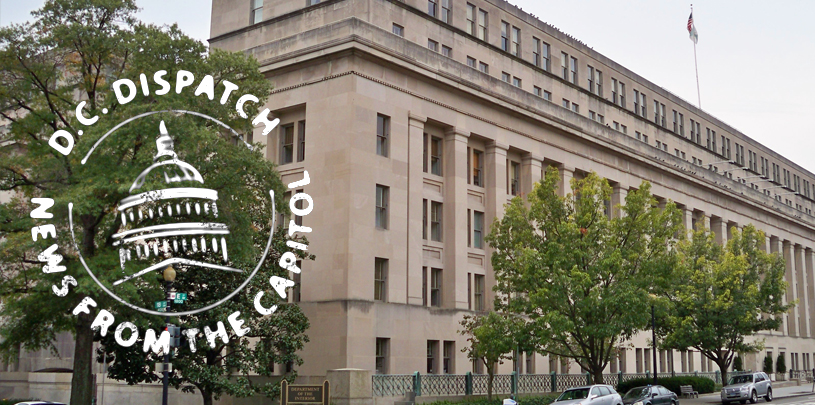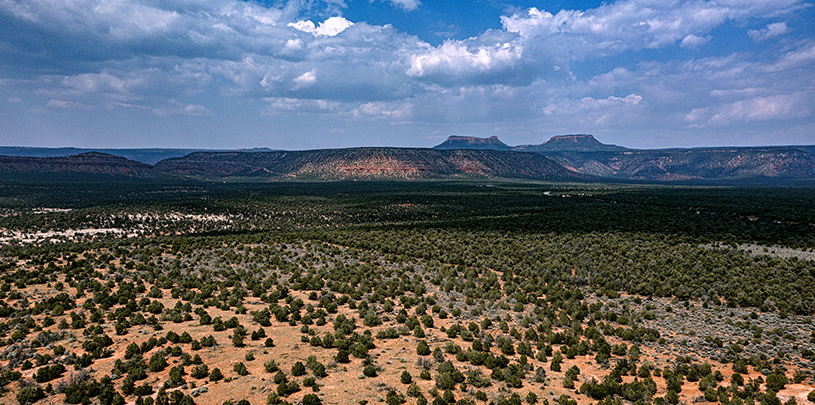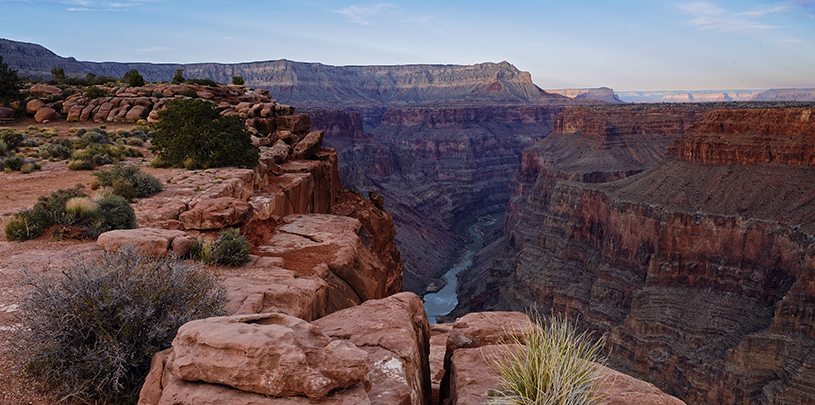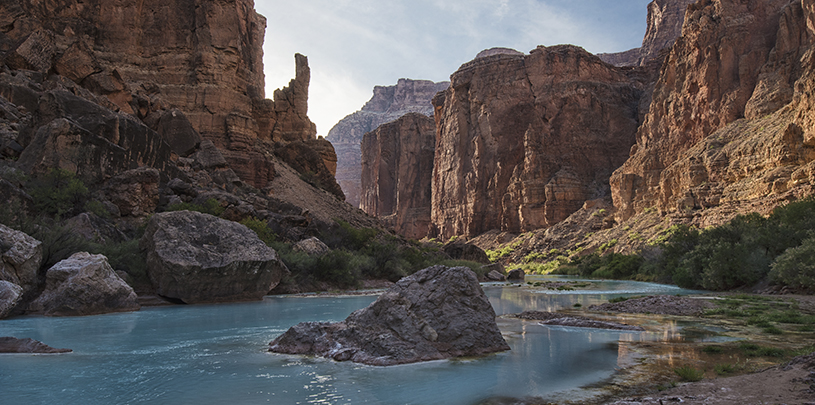
Update: The public comment period on this proposed rule closed January 28, 2019. Read the Grand Canyon Trust’s comments ›
In the midst of the government shutdown, the Department of the Interior quietly released a plan to curtail when and how it responds to requests from the public under the Freedom of Information Act (FOIA).
The proposed changes would allow the Interior Department to limit the amount and kind of information it releases to the public, and would apply to FOIA requests the public submits to the National Park Service, the Bureau of Land Management, and other agencies the department oversees. The move raises major concerns about transparency. The public only has until January 28, 2019 to weigh in.
In the past, important information about controversial Interior Department actions has only come to light as a result of FOIA requests. In 2018, in response to such a request, the Interior Department released documents that revealed how, during the national monuments review, the agency prioritized energy development and ignored information that supported keeping national monument protections in place for Bears Ears and Grand Staircase-Escalante.
Now the Interior Department is moving to exempt itself from FOIA requests it determines to be “extremely broad” or “requiring research.” It also seeks to refuse requests that require its staff “to locate, review, redact, or arrange for inspection of a vast quantity of material,” along with a host of other changes.
Stand up for your right to know
The Freedom of Information Act is an important cornerstone in our democracy. It protects the American people’s right to transparency and your right to find out what your federal government is doing.
Not sure what to say? Here are some key points to include in your comments.
- The need for research shouldn’t disqualify requests. Disqualifying requests that require research or that involve a large amount of material (revision to section 2.5) is not in the public interest. Land management is complex, and ignoring requests that involve a large amount of material could obscure important information from the public eye.
- First come, first served. Imposing a monthly limit on the number of records the Interior Department will process in response to a FOIA request (revision to section 2.14) is at odds with FOIA. Requests should be processed according to the statutory deadlines, in the order they are received. Imposing a monthly limit in the name of efficiency could lead to reduced transparency and accountability.
- It’s not the Interior Department’s role to determine what is “important” in the eyes of the public. It’s not in the public interest to remove the prohibition against making value judgments about whether requested information is “important” enough to be made public without charging fees (revision to section 2.45). This proposed change is both unreasonable and antithetical to the Freedom of Information Act.





